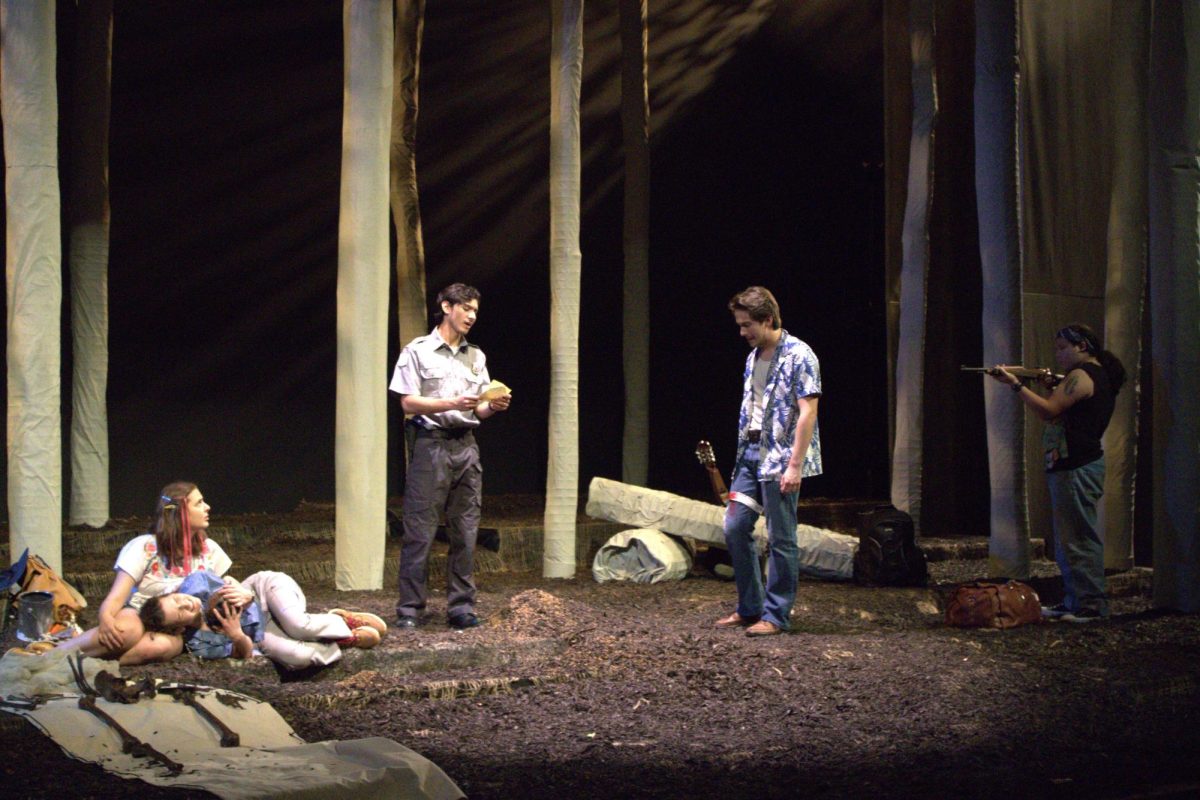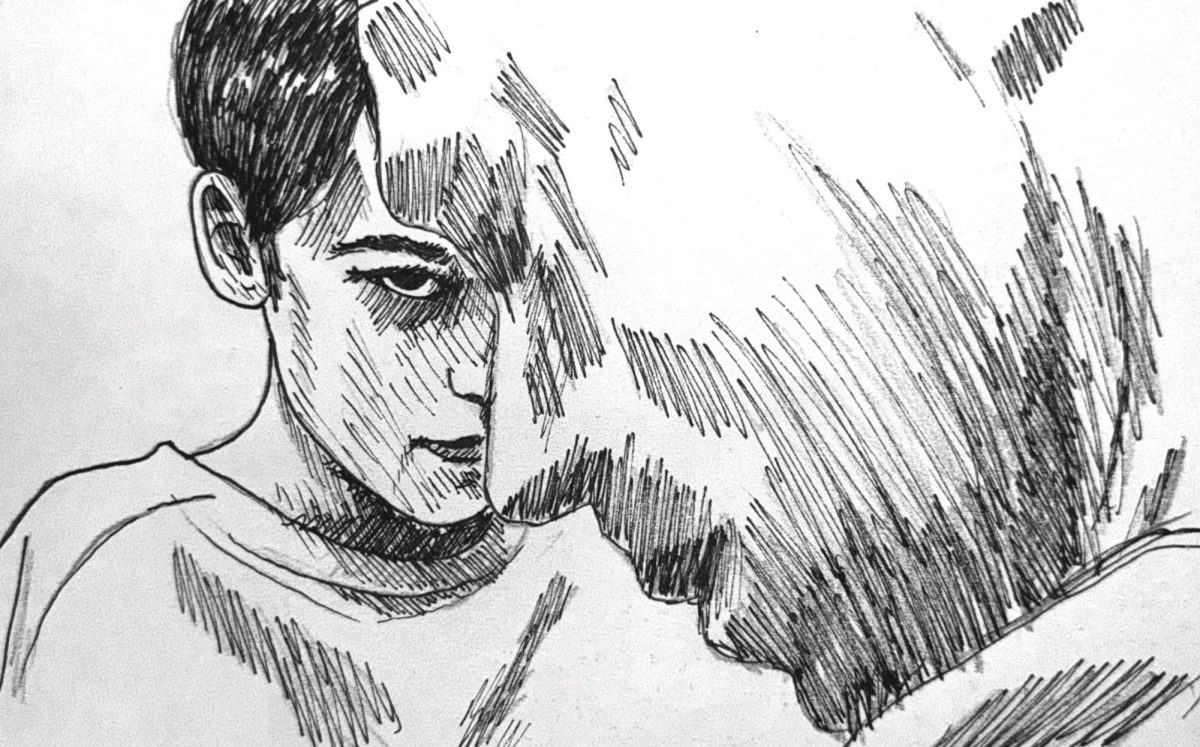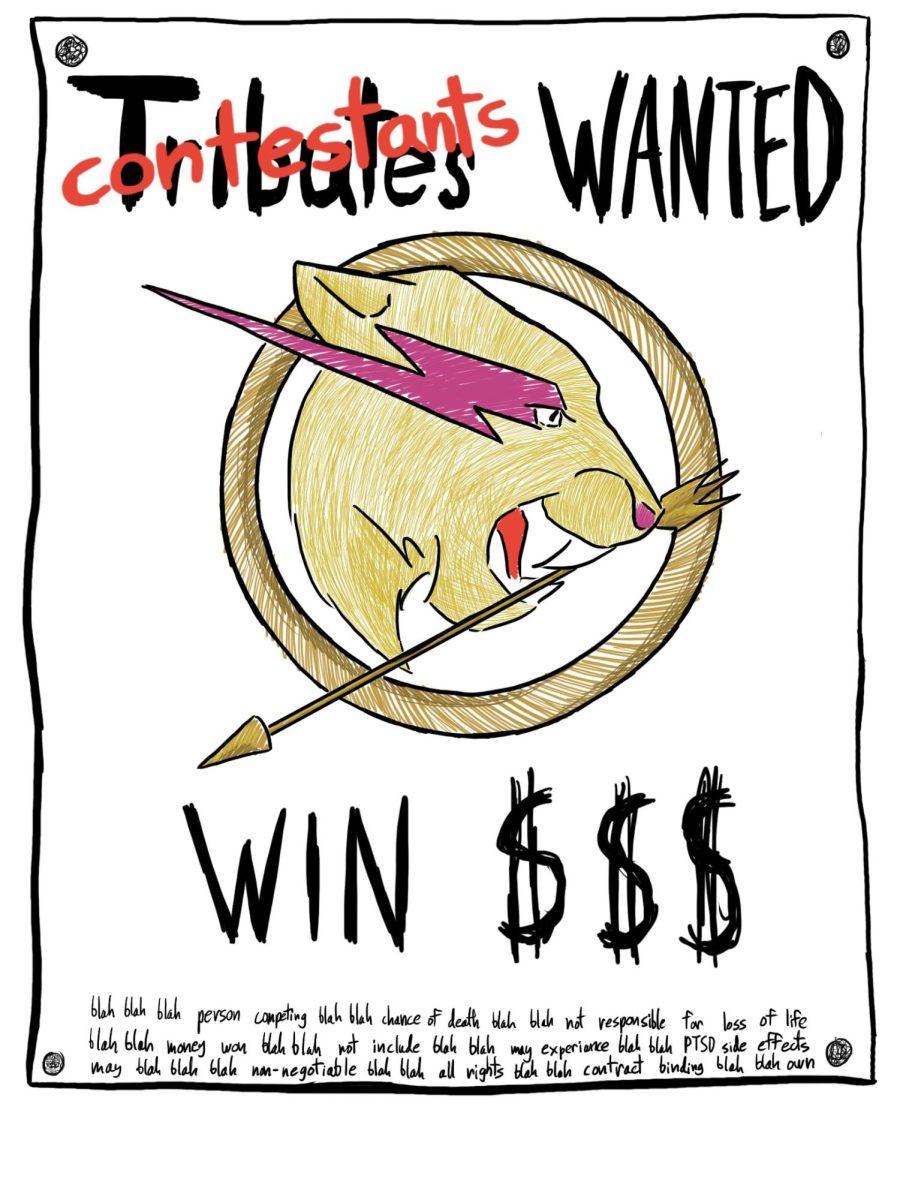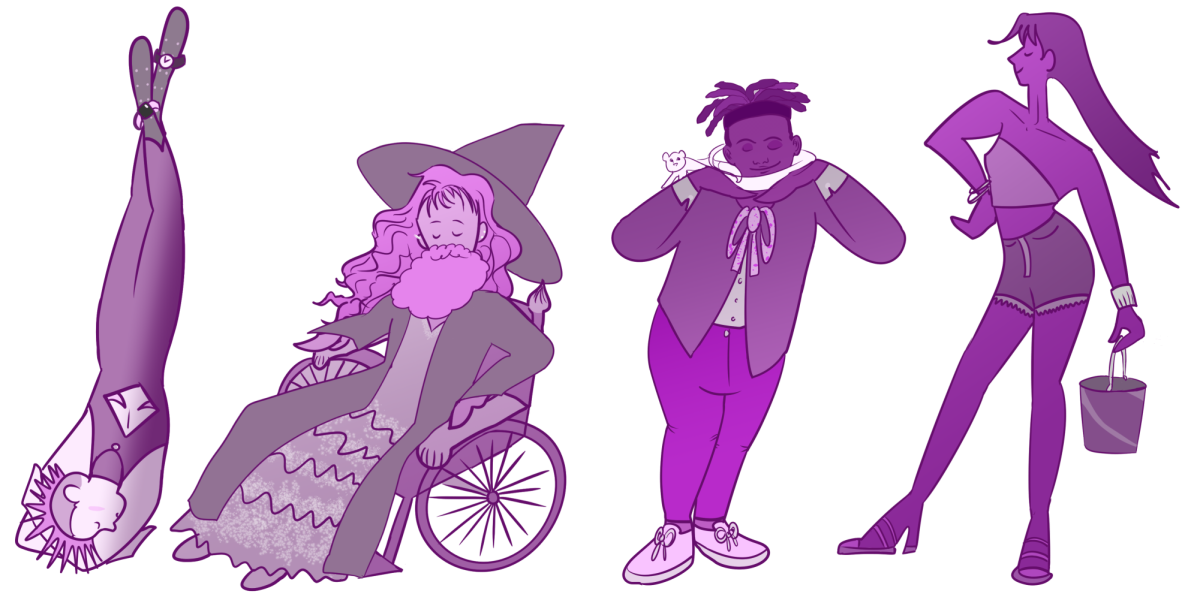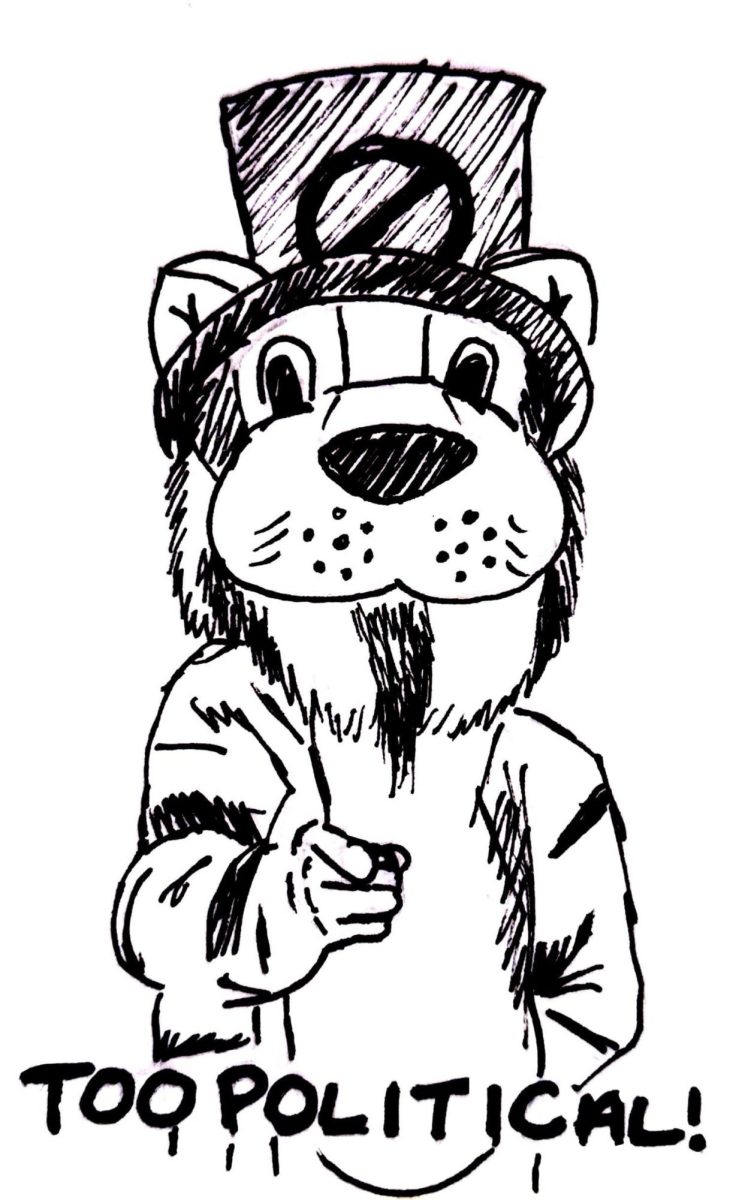The saying goes “a camel is a horse designed by a committee.” Whereas a horse is fast and strong and beautiful, camels seem to be an attempt to be “all things to all people” and are in many ways the epitome of compromise. They can be ridden like a horse, but their humps are terribly uncomfortable to sit on. Their feet are split to keep them from sinking into the sand but in turn make them slow and imbalanced. They store fat, allowing them to survive for days without water or food, but most would use the word “ugly” to describe them.
Although these are possibly interesting facts to the uninformed on the topic of camels, you might wonder why I feel the need to inform you about them. A fair question, but I think I have pretty legitimate and interesting reasoning. Too much of the modern TV landscape is lowest common denominator programming, and I am pretty sure it’s because too many shows are designed like camels. “Designed” to meet the needs of everyone or be able to address every concern or situation, they end up being mediocre in almost every area, except ironically for surviving for long stretches of time.
In the same way, modern comedies and dramas have characters and story lines attempting to serve every viewer whether they are young, old, rich, poor, East-coast, West-coast or anything inbetween. Networks insist on broad concepts that anyone can relate to (supposedly), and the results are simply camels. Slow, boring, ugly shows that stumble on for season after season without drinking in a single new idea. This in turn generates ratings and profits but destroys any artistic quality of a medium many critics now agree serves as the golden medium for creative storytelling.
So the question is then, if so many shows are camels, what makes great shows horses in comparison? My theory is that they remove the committee. The most critically heralded of contemporary shows such as “Breaking Bad,” “Lost” or even “Community” are attributed as much to, if not more to, their “show runners.” If you are unfamiliar with the term “show runner” I don’t blame you, as many shows don’t have particular show runners or if they do, they are fairly unknown and given little creative control. Instead with many, if not all, of the “great” shows of the modern age, the show runner is the public face of the show and the show is attributed to their vision.
Being a show runner used to be a behind-the-scenes, “out of the limelight” job, but now many viewers know and care about who Aaron Sorkin is (“The Newsroom”), follow Dan Harmon on Twitter (“Community”) and listen to what Vince Gilligan (“Breaking Bad”) has to say to reporters. This is because their shows are distinctively their vision and their attempt to execute that vision. The results are the most compelling stories around. Instead of design by committee, resulting in an ugly but long-lasting camel, these shows are horses that run fast and are exciting to watch.
All in all, if networks are anxious to find programming that people actually want to watch and get excited about, I believe the key is finding a strong and passionate creative writer and giving them the opportunity to tell their story. Novels aren’t written by teams and boardrooms don’t direct movies, but too often TV seems to be the exception to this rule. If networks really want to create the quality programming they claim to they should find a show runner and let them run.

